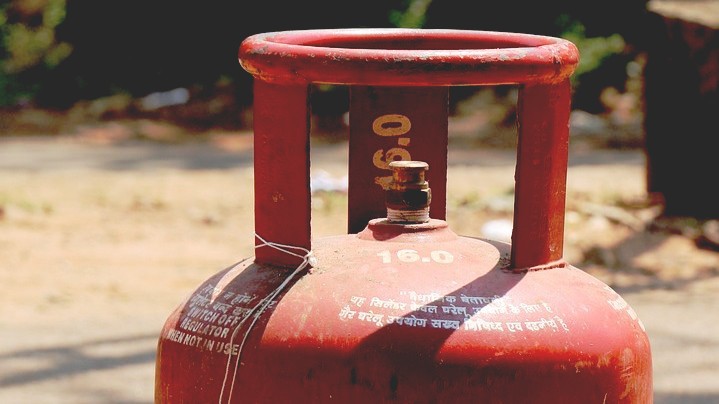After hiking the price of commercial LPG, during Diwali, in November another hike has been brought into effect.
Oil Companies Hike LPG Prices
Last month, the a hike of Rs 62 was effected. This time, the oil companies in the country have increased the price of the commercial 19 kg LPG cylinders in India by Rs 16.5. This increase in the price of this essential commodity takes the price of commercial LPG cylinders in the city of Mumbai to Rs 1,771. In the national capital, Delhi, the LPG prices rose to a cumulative of Rs 1,818.5.

Chennai has the biggest cumulative rate, as the price of commercial cylinders in the Tamil Nadu capital stands at Rs 1,981. | Representative Image
Hike In Metro Cities
A look at the metro cities reveals the extent of the impact of this latest price rise. In the eastern Indian city of Kolkata, the price of the LPG cylinder jumped to Rs 1,928. Chennai has the biggest cumulative rate, as the price of commercial cylinders in the Tamil Nadu capital stands at Rs 1,981.
In November 2024, the oil companies increased the price of these cylinders by 62.
Before that, in October 2024, the stakeholder hiked the price of commercial LPG cylinders by Rs 48.50.
Amidst this hike, It is to be noted that the price of the domestic 14.2 kg LPG cylinders remains unchanged. These cylinders are used for day-to-day purposes in households.
In addition to that the prices of the 5 kilogram free trade LPG cylinders have also increased by Rs 4.
Prices of 14.2 KG domestic cylinders remain unchanged.

The revision comes as part of a broader trend in fuel price adjustments in response to changing global market conditions. |
What Does This Spike Mean?
The affected type of commercial cylinders are used by small and medium-scale enterprises that produce perishable goods.
This also includes establishments like restaurants, hotels and other eateries. This in turn could see a rise in the price of the food served in these establishments.
A rise in operational cost for these small entities will lead to higher cost being passed onto the customers. The revision comes as part of a broader trend in fuel price adjustments in response to changing global market conditions. The Russia-Ukraine war, along with uncertanities in the Middle East, and now Syria has raised concerns of the potential disruption.
